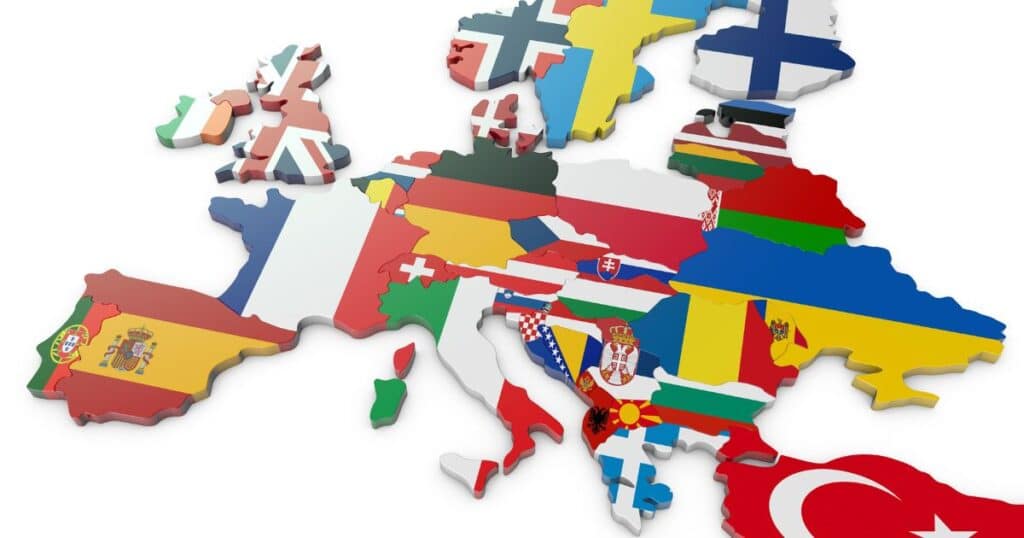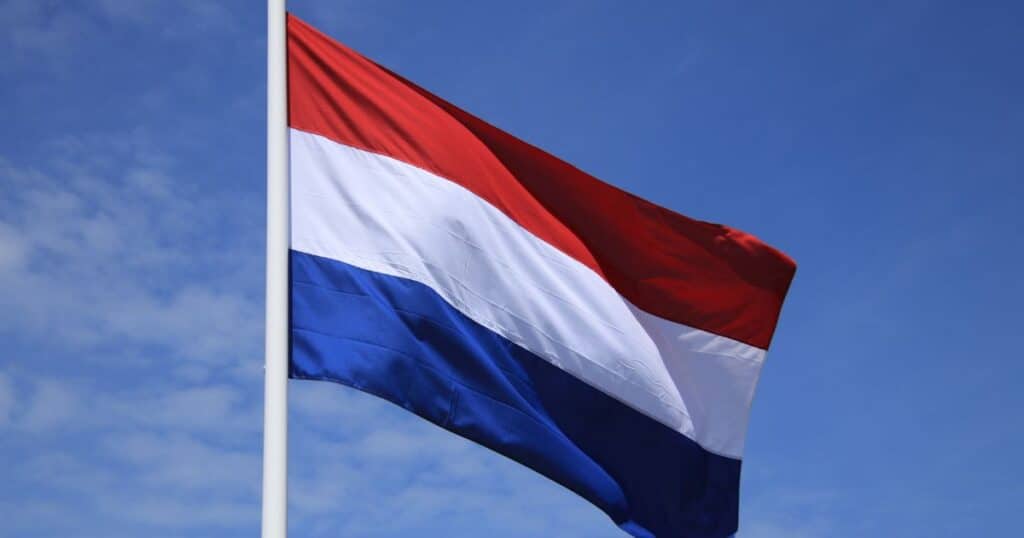The Netherlands has long been iconic for cannabis enjoyers worldwide, thanks to its famous coffee shops. However, the country’s approach to cannabis is entering a new era with the expansion of its regulated marijuana trial.
This experiment aims to create a closed chain of growers and retailers, significantly altering the landscape of cannabis consumption in Europe. At the same time, other European nations like Slovenia and Germany are also making strides toward cannabis legalization, marking the beginning of a green revolution across the continent.

What is the Dutch Regulated Cannabis Trial?
The Dutch-regulated marijuana trial is an initiative started late last year, designed to phase out the country’s “front door, back door” policy. This policy has allowed the sale of cannabis in licensed coffee shops while keeping the production and bulk sale of cannabis illegal. The trial aims to create a legal supply chain, ensuring coffee shops can source their products from licensed growers.
On Monday, DutchNews reported that the trial expanded to 8 more cities, with 80 coffee shops across 10 Dutch cities. Initially launched in Breda and Tilburg last year, the trial now includes:
- Groningen
- Zaanstad
- Almere
- Arnhem
- Nijmegen
- Voorne aan Zee
- Heerlen
- Maastricht
This expansion allows coffee shops in these cities to sell both what is still considered “illegal” marijuana and hashish produced by licensed growers.
The primary objectives of the trial are to optimize the “quantity, quality, and diversity” of the marijuana available in coffee shops. Currently, three suppliers are up to speed with production, with two more expected to join by September. By allowing café owners to buy from multiple growers, the trial aims to provide customers with a wide variety of options and reduce the need for cannabis coffee shops to resort to illegal cannabis to meet their demand.
Why is this Netherlands Cannabis Expansion Significant?
The expansion of this trial is a significant step toward creating a safer and more transparent cannabis market in the Netherlands. The current system, which decriminalizes small amounts of cannabis but criminalizes production, has led to several issues, including crime and uncertain product quality.
Under the existing policy, the illegal production and sale of cannabis have given rise to criminal activities such as robberies, violence, and money laundering, reports DutchNews. By legalizing the supply chain, the government aims to diminish the influence of criminal organizations in the cannabis market.
“The Dutch policy for weed is quite devious. People can buy it legally in coffeeshops, but the production of the weed and the buying part (the back door) of the shop owners is illegal. That means there’s a big criminal world that thrives on producing the weed and selling it to the shops. That needs to change.” said Breda’s mayor Paul Delpa. Breda was one of the original two cities to implement the trial cannabis program.
Establishing Quality in the Netherland Cannabis Market
Another one of the main benefits of the trial is the ability to regulate the quality and safety of the cannabis being sold. Instead of relying on cannabis from ‘illicit’ growers, which typically have no standards for testing, cannabis shops will now have more options to give clean, safer products to their consumers.
Coffee shop customers can scan a QR code on legally cultivated products to access detailed information, including the grower’s identity and the harvest date. This transparency ensures consumers know exactly what they are consuming, while health services gain better insights into the substances they may be addressing.
However, as the experiment continues to grow, it has faced some political resistance. Earlier this year, efforts to halt the experiment were made but ultimately failed. Additionally, Parliament rejected a proposal to expand the trial to include Amsterdam’s eastern district.
Shift in European Attitudes Toward Cannabis
The Netherlands’ experiment is part of a broader trend of changing attitudes toward cannabis in Europe. Other countries are also taking steps to legalize cannabis for medical and recreational use, reflecting a shift in public perception and policy.
Malta
Malta set a historic precedent by becoming the first country in the European Union to legalize cannabis for adult use in 2021, and legislation allows adults to possess up to seven grams and cultivate up to four cannabis plants for personal use within their homes.
Luxembourg
In June 2023, Luxembourg made significant strides toward cannabis legalization by passing a law that permits the personal possession and home cultivation of cannabis. Residents aged 18 and older can legally grow up to four plants per household.
Switzerland
Switzerland, while not an EU member, has been a pioneering force in cannabis reform in Europe. It was the first European country to introduce pilot programs for the legalization of adult-use cannabis. which we are now starting to see pop up across Europe.
Slovenia
Recently, voters in Slovenia backed a measure to legalize both medical and adult-use cannabis. This decision marks a significant milestone for the country and sets a precedent for other European nations considering similar measures.
Germany
On April 1st, Germany took a historic step by legalizing cannabis. This move is expected to have far-reaching implications, not only for Germany but also for the broader European cannabis market.

The expansion of the Netherlands’ regulated marijuana trial marks a significant milestone in the European movement toward cannabis legalization. By addressing issues related to crime, product quality, and economic growth, the trial has the potential to set a new standard for cannabis regulation.
At the same time, the broader shift in European attitudes toward cannabis, as evidenced by developments in Slovenia and Germany, indicates that we are on the brink of a green revolution. For business professionals and policymakers, understanding these changes is crucial for navigating the evolving landscape of cannabis regulation.
















